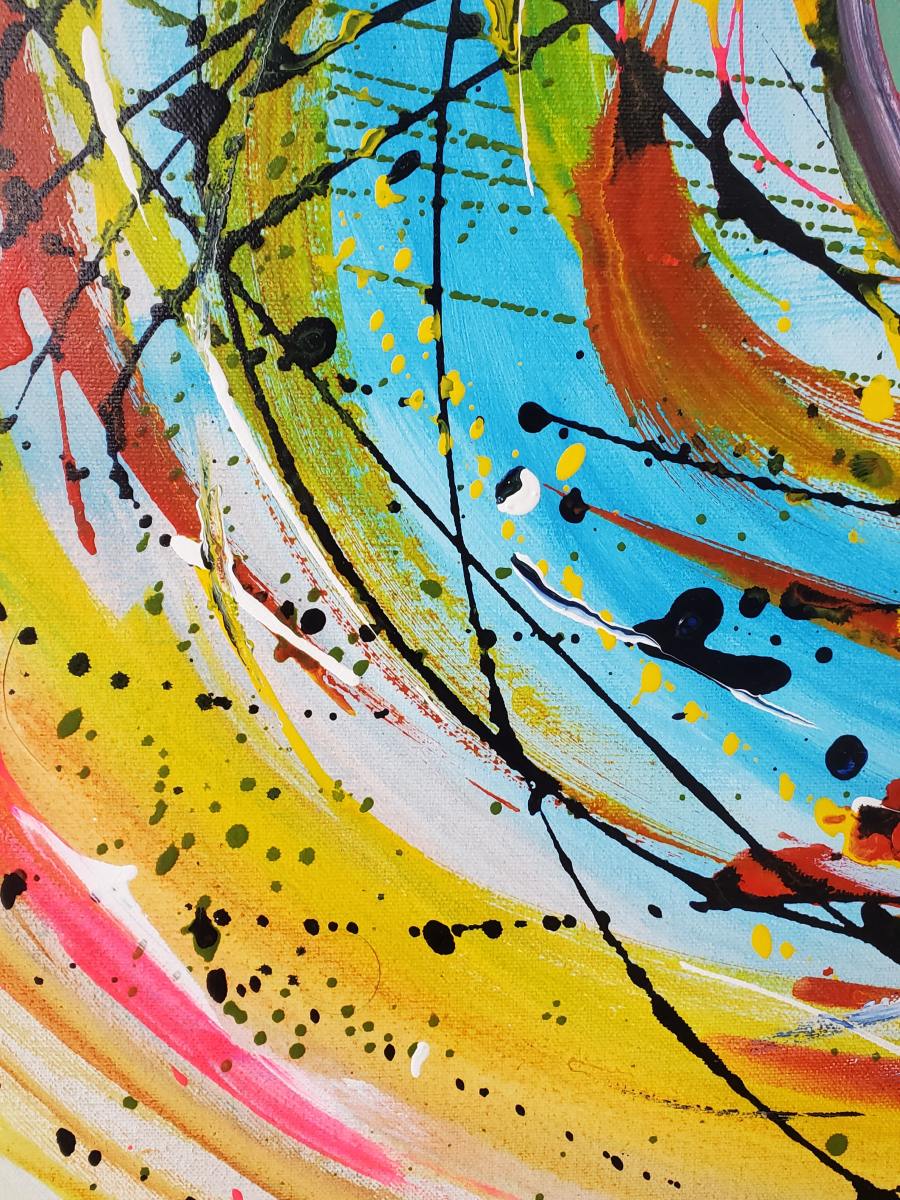Decades of policy failure and ‘destructive government financing trends’ have eroded and weakened the Australian arts and cultural sector, with the impact of COVID-19 being the latest blow, according to a new report.
The authors of Creativity in Crisis: Rebooting Australia’s arts and entertainment sector after COVID-19 argue that a ‘complete public-led reboot’ of the sector is required for the sector to thrive after the pandemic.
The report provides a series of recommendations to government to demonstrate how this reboot might occur.
Such recommendations include large fiscal investments to help rebuild skills, jobs and incomes in the cultural sector; long-term funding for arts organisations and artists; wage subsidies; intervention in cultural regulations, and a holistic plan for culture across the nation.
Written by Senior Economist Alison Pennington and Monash University’s Dr Ben Eltham, the report – commissioned by the Media, Entertainment and Arts Alliance (MEAA) and published by the Australia Institute’s Centre for Future Work – reveals the ongoing, devastating impact of COVID-19 on Australia’s arts and entertainment sector, as well as the decades of neglect that have led to this precarious point.
‘Destructive market-first policies eroded the richness and diversity of arts and culture in Australia long-before COVID-19 hit. Endless short-term grant cycles and philanthropic dependency is not a place the arts and culture sector should “snap back” to,’ said Alison Pennington.
‘Destructive market-first policies eroded the richness and diversity of arts and culture in Australia long-before COVID-19 hit.
Alison Pennington
Co-author Dr Ben Eltham said: ‘The Morrison Government’s policy response to the crisis has been late and inadequate. The Morrison government’s attacks on universities, the ABC and local production quotas are all bad news for the future of Australian culture.
‘The pandemic has changed the way we think about creativity and culture. Australians have turned to the arts in their time of need, embracing cultural pastimes during extended lockdowns. We have rediscovered the value of culture, even as the pandemic has spread.
‘Old arguments about government spending have been turned on their head. For many artists, JobKeeper was the first time they had been able to draw a steady, liveable income from their craft. The massive cash injection shows that Australians can afford a better society and culture if we want,’ Eltham said.
REJECTING NEOLIBERAL ARGUMENTS
While the report details the financial arguments for supporting the arts, in terms of the number of people employed in the sector and its $17 billion contribution to the economy in 2018-19, it also notes that the sector has become increasingly stifled by the language of neoliberalism.
‘The art sector have themselves become straitjacketed by falling into a policy framework of funding that’s required them to be in the rat wheel of grants applications, and constantly having to come to government with their handout and prove their value and prove their worth,’ said Pennington.
‘The metrics in which we measure the value and worth of the arts has been almost always on a commercial basis, and it’s almost always by having to prove a profit can be derived or driven within a very short timeframe, two to three years. And no public good can be provided on that basis.’
As a result, the current economic cultural model means that the arts are often priced beyond the reach of average Australians, the report explains:
‘Access to arts and culture has diminished – especially for lower socio-economic groups. In 2018, only eight per cent of performing arts event attendees were from the lowest income quintile, compared with over 22 per cent of attendees from the highest income bracket (ABS, 2019). An Australia Council survey Creativity in Crisis: Rebooting Australia’s Arts and Entertainment Sector 5 (2020d) found one-third of Australians are not attending as many arts and culture events as they would like due to the cost of tickets. Once considered part of the core curriculum in public schooling, music and arts education have been gutted from school programs due to persistent education funding cuts. No longer every child’s right, an arts education is increasingly an extracurricular activity reserved for higher-income families and private schools.’
Read: Freeing the arts from the yoke of neoliberalism
To create a fairer arts sector focused more firmly on the public good, the report argues for a new approach to the arts in Australia:
‘Cultural policy for this sector must be remade in a new and different model, one that puts the public at the centre of the policy discussion. This cultural reconstruction must ensure the sector does not just survive the pandemic, but stands ready to flourish on the other side. It will require governments invoking direct tools of public investment in the arts again. These are tools that have been abandoned for decades during a generation of “market-first” economic policy. But they are tools that are essential to the recovery of a vibrant, productive arts and cultural sector in Australia, and of the economy more broadly.’
The report’s recommendations include the creation of a ‘whole-of-Australia public streaming platform’ in order to expose the arts to a wider audience.
Such a platform ‘could leverage the vast content bases of Australia’s public cultural organisations at much lower cost and with better uptime and quality. In addition, it would allow Australian citizens to access content that in many cases they have paid for through taxpayer funded grants, but which they cannot easily access at present. A national platform could host publicly-owned and funded content from the ABC, SBS, the national collecting institutions, as well as screen content funded by Screen Australia and arts content funded by the Australia Council,’ the report notes.
Other key recommendations include:
- The expansion of cultural funding to community arts organisations and artists, including the introduction of a new Commonwealth creative fellowships program;
- A significant rebuilding of arts education, including adequately funding music programs in schools and reversing Commonwealth funding cuts to university creative arts, media and humanities courses; and,
- The reversal of austerity cuts in order to properly support national cultural institutions such as the National Library, National Gallery, National Museum, National Archives, Film and Sound Archive, National Portrait Gallery, Bundanon Trust, and the Museum of Democracy.
THE ARTS AND PUBLIC GOOD
A strong and healthy arts sector is essential to a well-operating democracy, Pennington argued, and the arts ‘shouldn’t have to prove its commercial viability’.
‘If we asked Medicare and the public hospitals to prove that they were commercially viable, most people would laugh … because we understand that there’s a role to play for public investment in a strong healthcare system and we understand the value of that,’ she said.
‘We need to inspire that same type of “public good” framing for the arts, and that’s not going to come from this [current] government, but it’s something that we need to work together for, as a community, across sectors – to advocate for as soon as possible in the near future.’
Read: Exit strategy: a new vision for art and culture?
Advocating for the arts to rebuild in the way proposed by Creativity in Crisis: Rebooting Australia’s arts and entertainment sector after COVID-19 would require commitment from people from across all levels of society, Pennington continued.
‘The public-led reboot of the arts isn’t just about investing and putting forward a policy idea to [encourage] government investment – it’s a recognition that it’s going to require the collective action of many, many, many Australians to put this on the agenda.
‘I think that we’ve got what it takes, because Australians deep down, I think they still [retain] the remnant of an era in which we understood that government should support the arts.’
‘And if people really knew what’s going on and the possibility that we will come out of this pandemic with hundreds, if not thousands less companies and venues, and tens of thousands of our most skilled, passionate, artistic people having left the sector, I think that they would be up in arms – and that’s certainly what we’d like them to feel and to act on,’ she concluded.
Download and read Creativity in Crisis: Rebooting Australia’s arts and entertainment sector after COVID-19.





